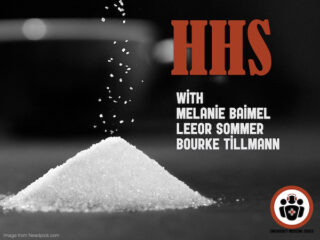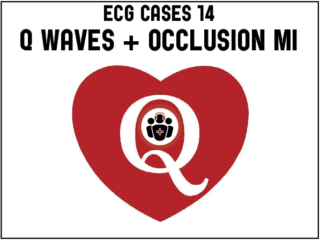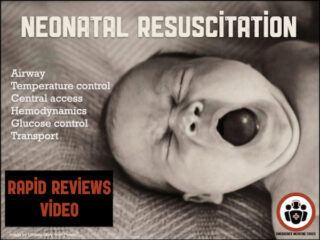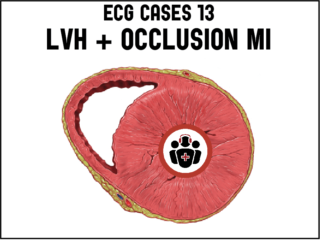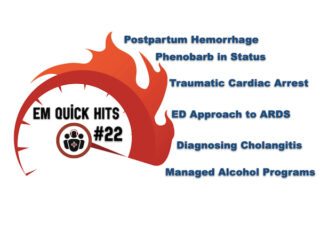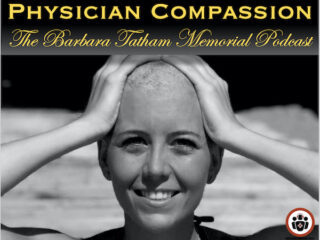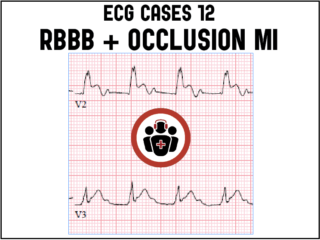Neonatal Resuscitation Rapid Review Video Part 2 – Chest Compressions, Epinephrine, Algorithm Pearls and Pitfalls
In this Rapid Reviews Video Dr. Nick Clarridge runs through the NRP algorithm and delivers the nuggets of wisdom on when and how best to perform chest compressions, give epinephrine and pearls and pitfalls of the algorithm...


